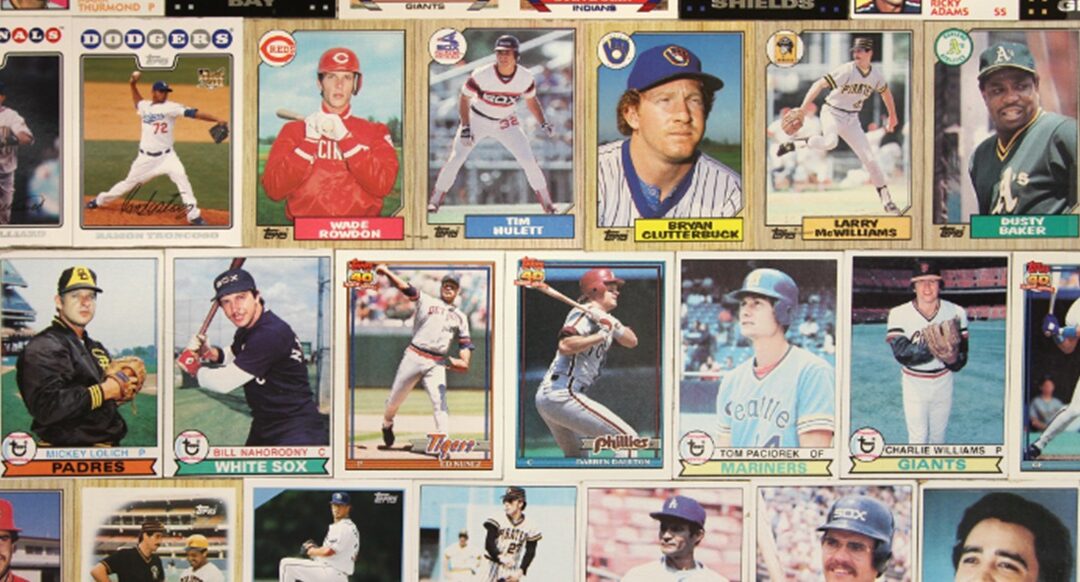Entering the world of sports trading cards can be both exciting and overwhelming. The hobby is filled with unique terms and jargon that can be confusing for beginners. This guide aims to demystify the terminology and help new collectors feel more confident and knowledgeable as they start their journey. Whether you’re collecting for fun or looking to make an investment, understanding these terms is essential.
1. Base Card
A base card is a standard card that is part of the main set of a trading card series. These cards feature regular players and are the most common type of card found in packs.
2. Rookie Card (RC)
A rookie card is the first card issued of a player in a major trading card set. Rookie cards are highly sought after, especially if the player goes on to have a successful career.
3. Parallel Card
Parallel cards are variations of base cards that often feature different colors, patterns, or foil finishes. They are usually produced in limited quantities and are more valuable than base cards.
4. Insert Card
Insert cards are special cards that are randomly inserted into packs at a lower rate than base cards. They can feature unique designs, themes, or autographs and are often more collectible.
5. Autograph Card
An autograph card features the signature of a player, either on the card itself (on-card) or on a sticker that is applied to the card (sticker autograph). These cards are highly prized by collectors.
6. Memorabilia Card (Relic Card)
Memorabilia cards contain pieces of game-used items such as jerseys, bats, or balls. These cards are also known as relic cards and are valued for their unique connection to the sport.
7. Short Print (SP)
Short print cards are produced in smaller quantities than other cards in a set, making them harder to find and more valuable. SPs can be base cards, inserts, or parallels.
8. Super Short Print (SSP)
Super short print cards are even rarer than short print cards. They are produced in extremely limited quantities and are highly sought after by collectors.
9. Grading
Grading is the process of assessing the condition of a trading card by a professional grading company. Cards are graded on a scale, typically from 1 to 10, with higher grades indicating better condition. Graded cards are often more valuable.
10. PSA, BGS, SGC
PSA (Professional Sports Authenticator), BGS (Beckett Grading Services), and SGC (Sportscard Guaranty Corporation) are the three main card grading companies. Each has its own grading scale and reputation within the hobby.
11. Refractor
A refractor is a type of parallel card that has a shiny, reflective surface. These cards are often more visually appealing and can come in various colors.
12. Serial Numbered
Serial numbered cards have a unique number printed on them, indicating their limited production run (e.g., 25/100 means the card is the 25th out of 100 produced). These cards are generally more valuable due to their scarcity.
13. Blaster Box
A blaster box is a retail box containing a set number of packs, usually sold at retail stores. They are smaller and less expensive than hobby boxes but offer a chance to find valuable cards.
14. Hobby Box
A hobby box is a larger box of trading cards sold primarily through hobby shops and online retailers. Hobby boxes usually contain more packs and a higher chance of pulling rare inserts, autographs, and memorabilia cards compared to retail boxes.
15. Pack
A pack is a sealed package containing a set number of trading cards. Packs are sold individually or as part of larger boxes.
16. Case
A case is a larger container that holds multiple boxes of trading cards. Buying by the case can increase the chances of pulling rare cards.
17. Checklist
A checklist is a list of all the cards available in a particular set. Collectors use checklists to keep track of which cards they have and which they still need to complete the set.
18. Redemption Card
A redemption card is a placeholder card found in packs that can be redeemed with the manufacturer for a specific card, often an autograph or memorabilia card that was not available at the time of packing.
19. Box Break
A box break is an event where a box of trading cards is opened, and the cards are distributed to participants who have purchased spots or teams. Box breaks are popular online, with participants watching live as the cards are revealed.
20. Hit
A hit refers to a valuable or rare card pulled from a pack, such as an autograph, memorabilia card, or low-numbered parallel.
Understanding the terminology of sports trading cards is the first step towards becoming a knowledgeable and confident collector.
This guide has covered the basics, but the world of trading cards is vast and ever-evolving.
Keep learning, stay curious, and most importantly, enjoy the thrill of the hunt as you build your collection.
Happy collecting!




